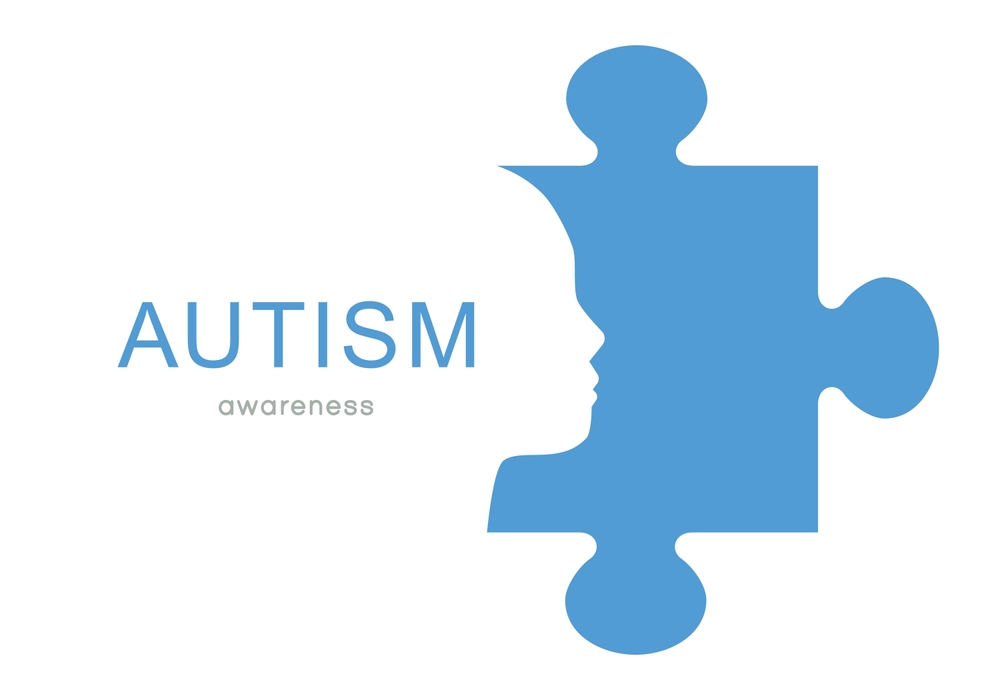Understanding Autism: Challenges and the Need for Support

What is Autism?
Autism, or Autism Spectrum Disorder (ASD), is a developmental condition that affects how a person perceives the world and interacts with others. It is a spectrum, meaning that individuals with autism can experience a wide range of symptoms and challenges, from mild to severe. While some people with autism are able to live relatively independent lives, others may need significant support in their daily activities.
Common Challenges Faced by People with Autism
Individuals with autism often face difficulties in three key areas:
- Communication: Many people with autism struggle with both verbal and non-verbal communication. They may find it hard to express their thoughts and emotions or understand the social cues of others. Some may be non-verbal, while others might have limited speech.
- Social Interaction: Social situations can be overwhelming for those with autism. They may find it difficult to make eye contact, understand the perspectives of others, or engage in typical social interactions. This can lead to feelings of isolation and loneliness.
- Behavioral Patterns: Repetitive behaviors, such as hand-flapping or rocking, are common in people with autism. They may also have specific routines or rituals and can become extremely distressed if these are disrupted. Sensory sensitivities, such as an aversion to loud noises or certain textures, are also prevalent.
Why Do Individuals with Autism Need Support?
Due to the challenges they face, individuals with autism often need specialized support to lead fulfilling lives. Early intervention and tailored therapies can make a significant difference in their development and quality of life. Here’s why help is crucial:
- Improved Communication Skills: With the right support, individuals with autism can develop better communication skills, helping them to express themselves more effectively and engage more fully with the world around them.
- Social Skills Development: Social skills training can help people with autism navigate social situations more comfortably, reducing their sense of isolation and helping them build meaningful relationships.
- Behavioral Support: Professional guidance can assist in managing repetitive behaviors and sensory sensitivities, improving daily functioning and reducing stress.
- Educational Support: Many children with autism require individualized education plans (IEPs) to ensure they receive the learning opportunities suited to their unique needs.
How You Can Help
Supporting individuals with autism requires community effort. Donations to autism-related charities provide funding for essential services, such as therapy, education, and family support. Volunteering your time or advocating for autism awareness are also impactful ways to help. Your contributions ensure that those with autism have the resources they need to thrive, making a positive difference in their lives.
— or —
Shop Our Collection and We’ll contribute 2% of Revenue to Support Autism
